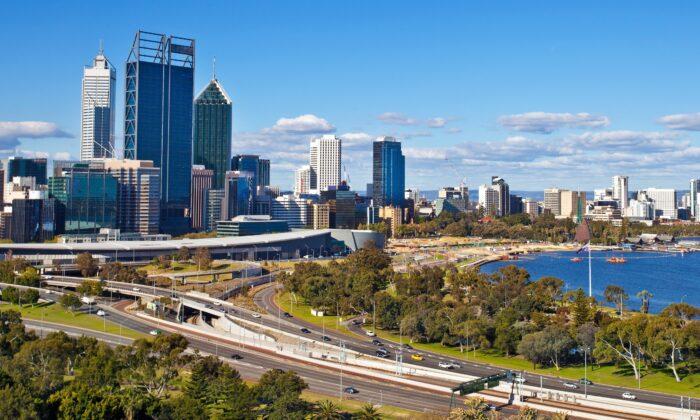Australia has locked in separate commitments with Germany and Japan to continue pursuing hydrogen as a potential low emissions technology of the future.
As part of talks during the G-7 summit, Australia co-signed the Australia-Germany Hydrogen Accord and built on previous commitments made with Japan to invest in hydrogen initiatives.
Hydrogen has been put forward as a technology that can be used in the energy and transport sectors, as its lack of carbon emissions supports Germany’s goal to reach net zero by 2045 and Japan by 2050—a target Australia is also tentatively aiming for.
Morrison’s new deal will see an additional $50 million (US$39 million) from Australia and €50 million (US$61 million) from Germany to support research and development of hydrogen supply chain projects, part of a German-Australian Hydrogen Innovation and Technology Incubator (HyGATE).

Part of the collaboration involves setting the bar of producing “clean” hydrogen—made using electrolysis and power—to a competitive price of $2 per kg, equivalent to the cost of producing the element through burning coal.
“We have a mix of all the key ingredients needed to be a major global player in a thriving global clean hydrogen industry—abundant land and energy resources coupled with an excellent track record and reputation as a reliable energy partner,” Morrison said.
“Our ambition is to produce the cheapest clean hydrogen in the world, which will transform transport, mining, resources and manufacturing at home and overseas.”
The deal also aims to help establish Australia’s “hydrogen hubs,” a concept critical to lowering hydrogen export costs that involve positioning hydrogen producers and exporters in close physical proximity, minimising transport and other infrastructure costs.
On top of the new agreement with Germany, Australia strengthened its joint commitment with Japan to support emissions reduction.

The commitment builds on existing cooperation between the two island nations, including the Hydrogen Energy Supply Chain (HESC), the Japan-Australia Energy and Resources Dialogue (JAERD), and the Australia-Japan Joint Statement of Cooperation on Hydrogen and Fuel Cells.
Morrison’s aggressive hydrogen push follows a previously expressed desire to have “Australia and hydrogen technology to be synonymous around the world.”





